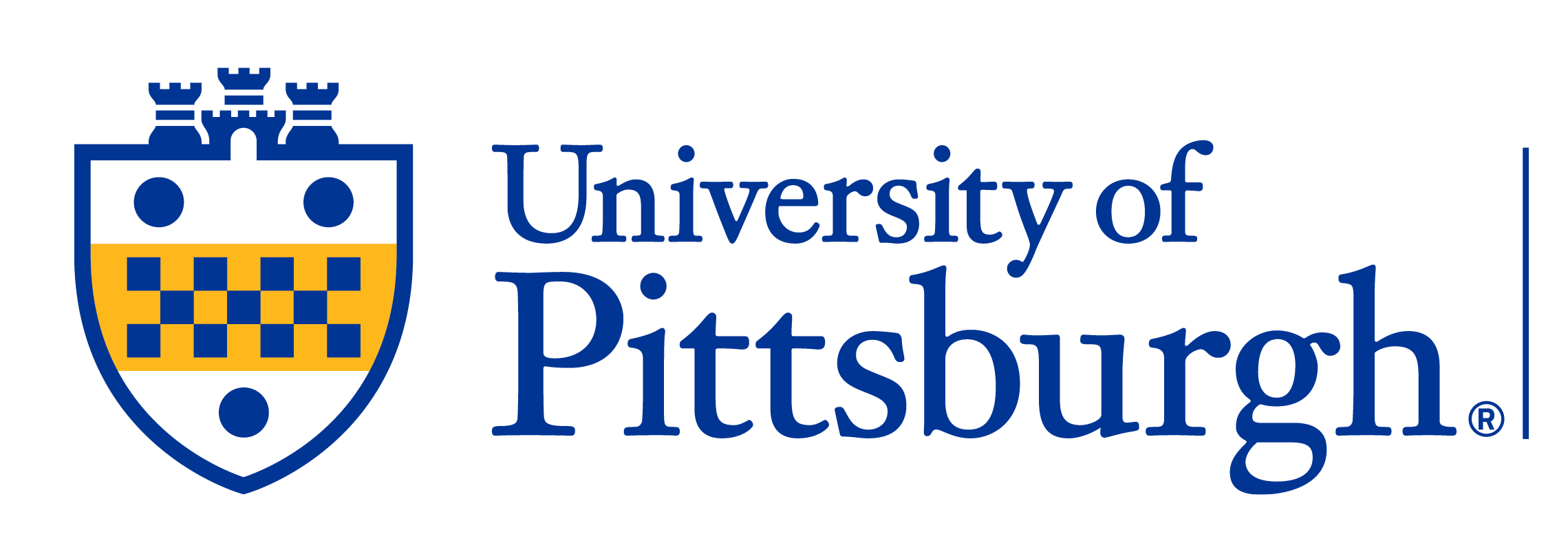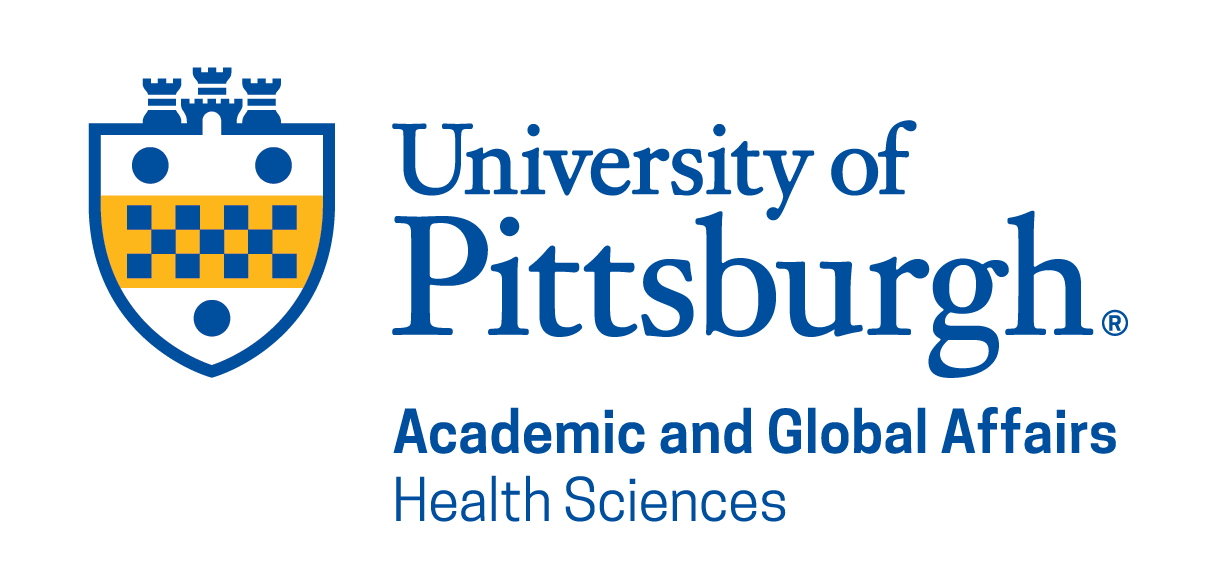ABOUT //
Engaging the research
and academic communities
High-priority and high-visibility projects
The Office of Academic and Global Affairs is dedicated to advancing academic programs and projects of high priority to the health sciences schools. Within the University, the office hosts platforms for scientific sessions and stimulating talks that are not to be missed. The office strives to foster connections among our colleagues, providing opportunities to delve into topics of significance that might otherwise go unnoticed. The scope of these initiatives includes:
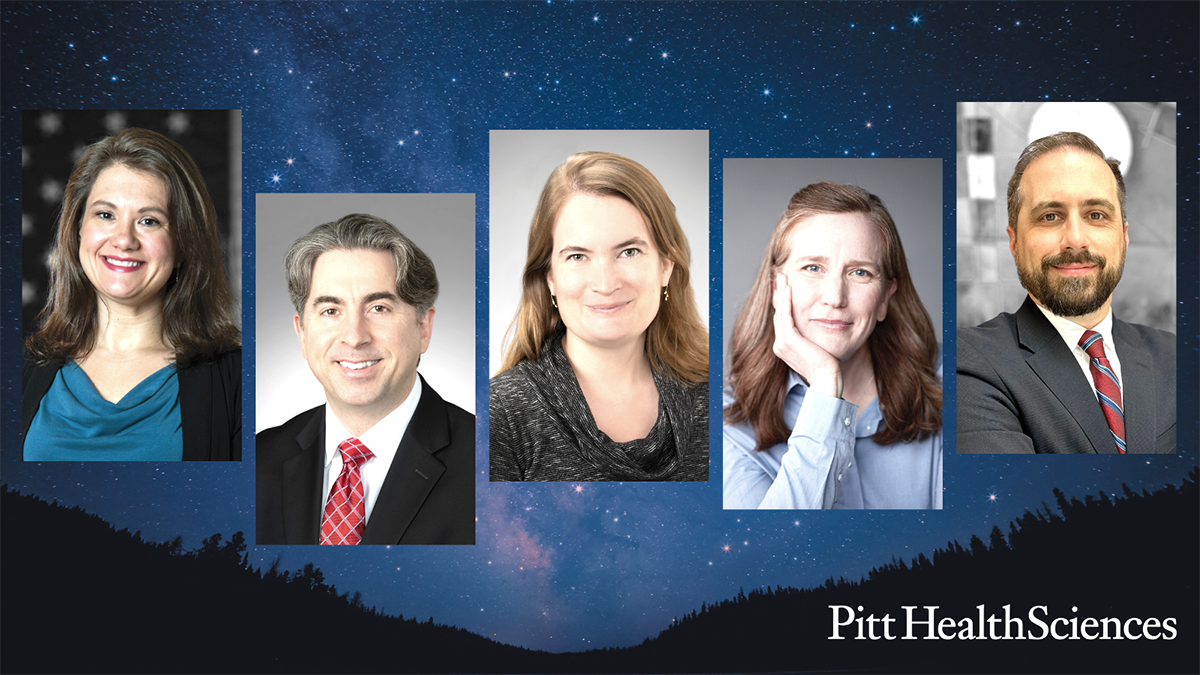
Lecture Series
Ascending Star Awards
The Ascending Star Awards, created in 2022, recognize highly productive, creative mid-career faculty members from across the schools of the health sciences who are making remarkable contributions to medicine and biomedical science. Ascending Stars awardees each receive research support and give a widely publicized lecture open to all.
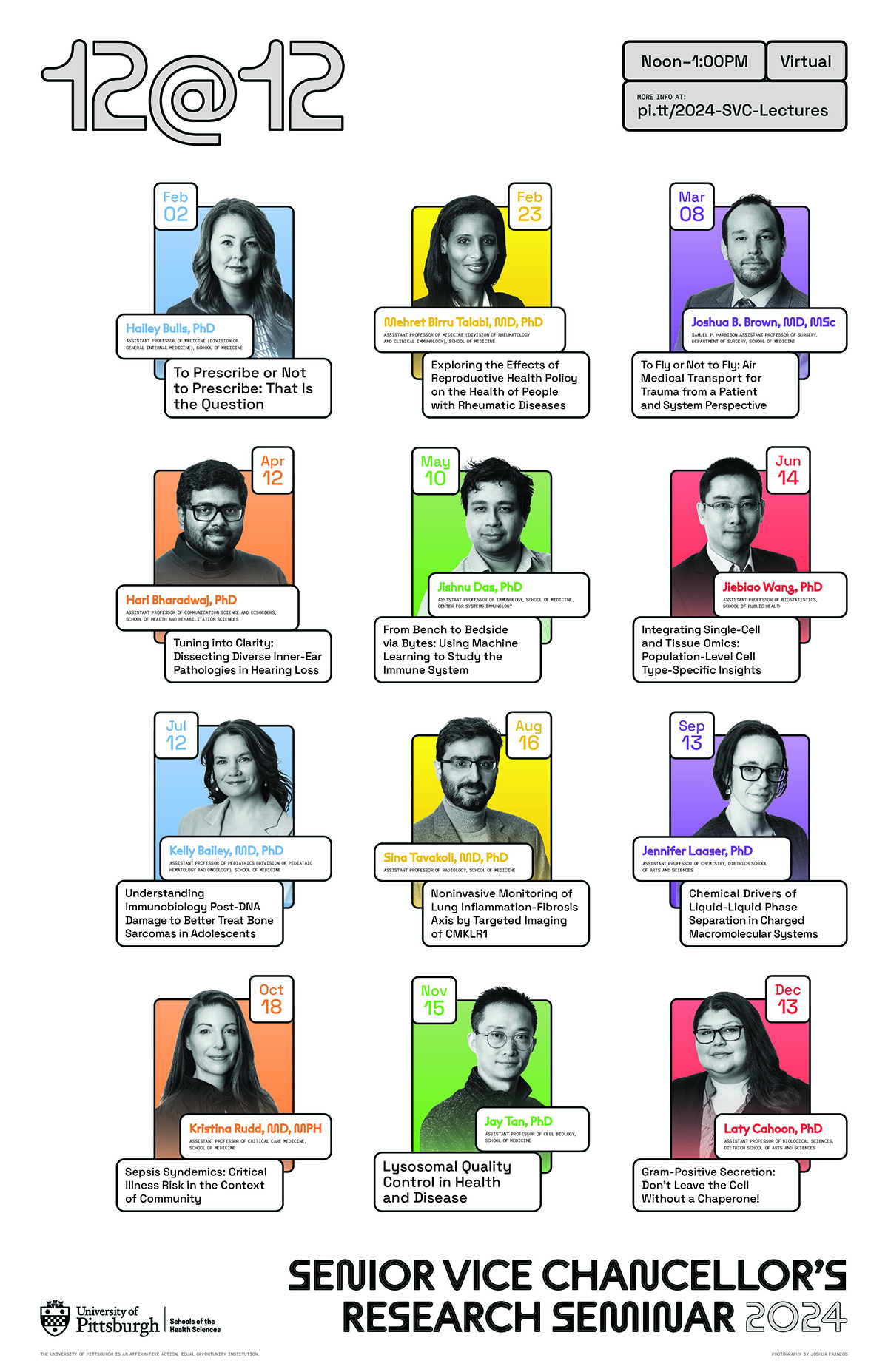
Senior Vice Chancellor’s Research Seminar Series
The annual Senior Vice Chancellor’s Research Seminar Series features compelling presentations that showcase much of the best research being done by junior health sciences faculty. Each SVC Seminar speaker also receives an award to support ongoing research activities.
We invite you to nominate your strongest junior faculty members whose work falls into one of these four broad categories:
- Cutting-edge fundamental research
- Discoveries and advances with translational and patient care potential
- Implementation science; health care quality and equity
- Research based on counter-paradigmatic ideas and discoveries
While the focus of the series is on nominees at the assistant professor level, recently promoted faculty members who have an exceptional piece of research to describe will also be considered.
Stay tuned for information about nominating SVC Seminar speakers for the 2025 series.
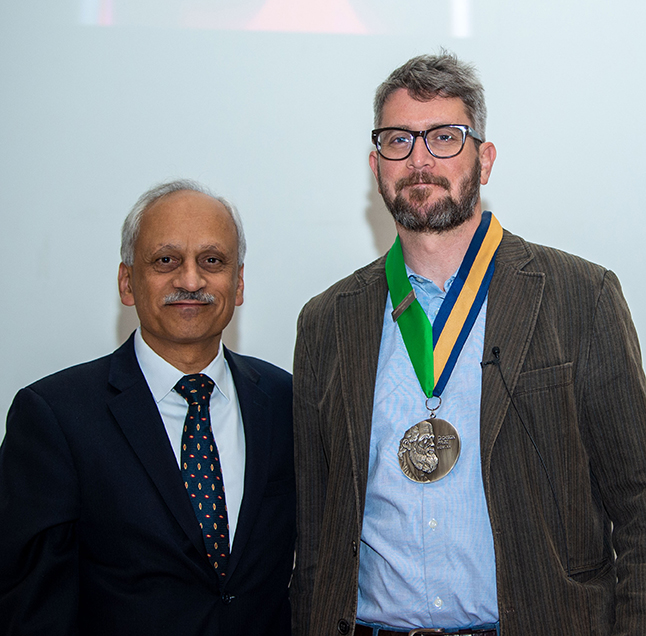
(Right) 2023 Dickson Prize in Medicine awardee Clifford P. Brangwynne, PhD, June K. Wu ’92 Professor of Engineering and professor of chemical and biological engineering at Princeton University, and (left) Anantha Shekhar, senior vice chancellor for the health sciences and John and Gertrude Petersen Dean, School of Medicine, University of Pittsburgh.
Brangwynne was honored with the 2023 Dickson Prize in recognition of his work that launched the “biomolecular condensates” cell biology field when he unified material sciences with biology. He and his team continue to develop tools to define the biophysical properties of condensates and explore the utility of this knowledge in biotechnology and medicine.
Dickson Prize in Medicine
The Dickson Prize in Medicine—the School of Medicine’s highest honor—is awarded annually to an American biomedical researcher who has made significant, progressive contributions to medicine.
The Dickson Prize often presages other major accolades. Since 1970–71, the first year the prize was awarded, 16 Dickson winners have won Nobel Prizes, and 23 recipients of the Dickson Prize have received the Lasker Award, the most prestigious American honor for medical research.
The Dickson Prize in Medicine was one of two prizes established by the estates of Joseph Z. Dickson and his wife, Agnes Fischer Dickson, and is for investigators who are at especially productive points in their careers and whose research is, or will be, so influential that it deserves major recognition.
Winners receive a medal, a $50,000 honorarium, and travel expenses to Pitt to accept the award and present a highly publicized and widely attended lecture. During the prizewinner’s two-day visit to Pitt, the honoree also participates in scientific activities and meets informally with students, postdoctoral fellows and other investigators.
Stay tuned for information about nominating Dickson Prize candidates for 2025.
